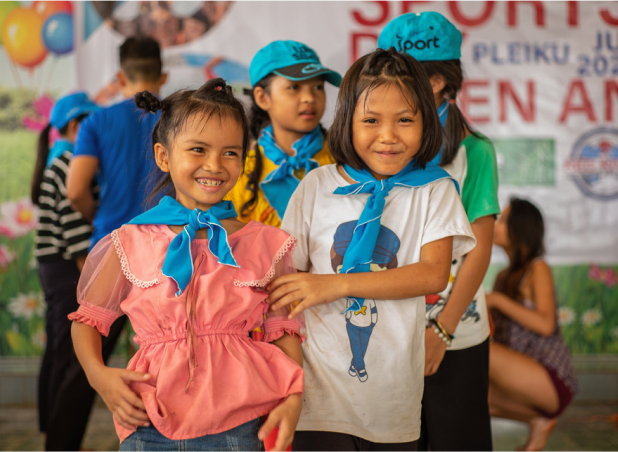Commitments
Partnering for Impact
Red River Foods works across more than 40 value chains, collaborating with millions of farmers, suppliers, and customers.
To create a positive shift in social and environmental outcomes across communities, we work with cross-industry initiatives as well as government and nonprofit partners to accelerate our impact. These partners include but are not limited to, Bees for Development, Corn Cashew, Jungle Keepers, USAID, BeninCajou and ROC. Learn more here.
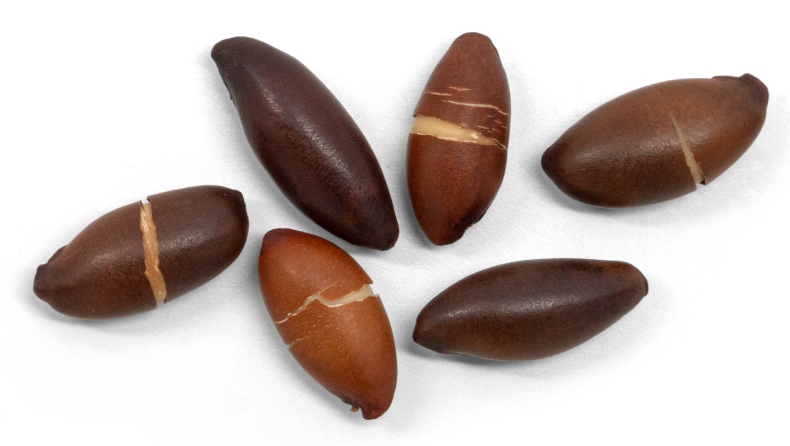
How we’re empowering growers and improving livelihoods
We are improving the livelihoods of 15,000 farmers through training on good agricultural practices (GAP).
We work to ensure our growers take a long view towards farming by focusing on sustainability through production practices that meet stakeholder needs and expectations, improve yield and profitability, and maximize environmental sensitivity. To support our growers, we offer comprehensive training, technical support in the field, and access to tools and resources to optimize health and safety and minimize post-harvest loss.
We launched pilots on beekeeping, intercropping and juicing to diversify farmer income.
When we invest in communities, they’re invested in our success. That’s why we’ve committed to introducing training to enable farmers in some of our key countries of operation like Ghana, Peru, and more to diversify their income. Since 2018, we’ve partnered with organizations like Bees for Development, JungleKeeepers, and Funcaión Proinpa to launch programs that improve yields and livelihoods.
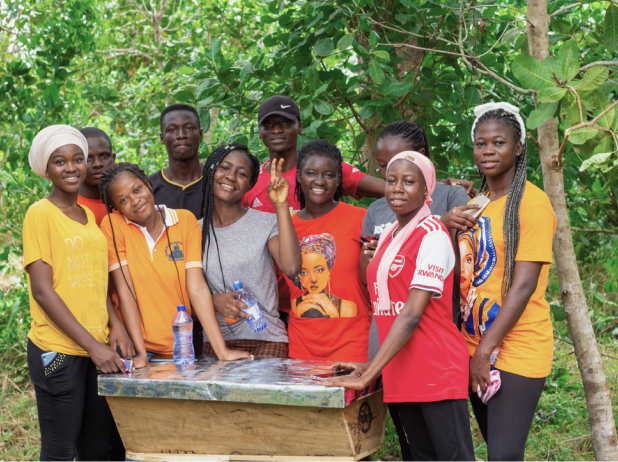
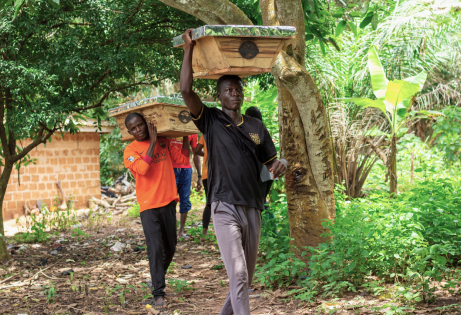

Protect biodiversity and reduce environmental impact
We pledge to plant 100,000 trees by 2027.
Forests are a critical part of natural ecosystems, but climate change has put these vital resources at risk. To restore forests, Red River Foods has pledged to support tree planting programs in South America, Africa and Asia. We plan to work in collaboration with our partners, including Jungle Keepers to understand and monitor how our reforestation and agroforestry efforts impact forest ecosystems.
We aim to improve environmental management across more than 56,000 ha.
From collaborating with rangers to prevent deforestation in the Amazon to improving pollination in Ghana and fighting erosion in Peru, we are committed to promoting better environmental management of land across our supply chain to ensure biodiverse landscapes are here for generations to come.
We promote regenerative and organic certification.
Unchecked use of synthetic pesticides and fertilizers can do great harm to the planet. To improve preserve soil health, soil fertility and biodiversity, Red River Foods is introducing various strategies to promote regenerative organic agriculture from conservation tillage to crop rotations, composting and more. We’ve embarked on the first of our regenerative and organic certification efforts in our mango supply chain in Ivory Coast. Farmers participating in this program will earn a 10% premium for regenerative and organic certified mango.
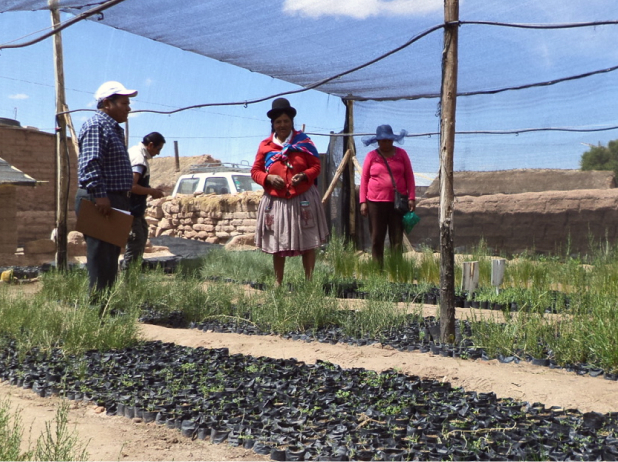
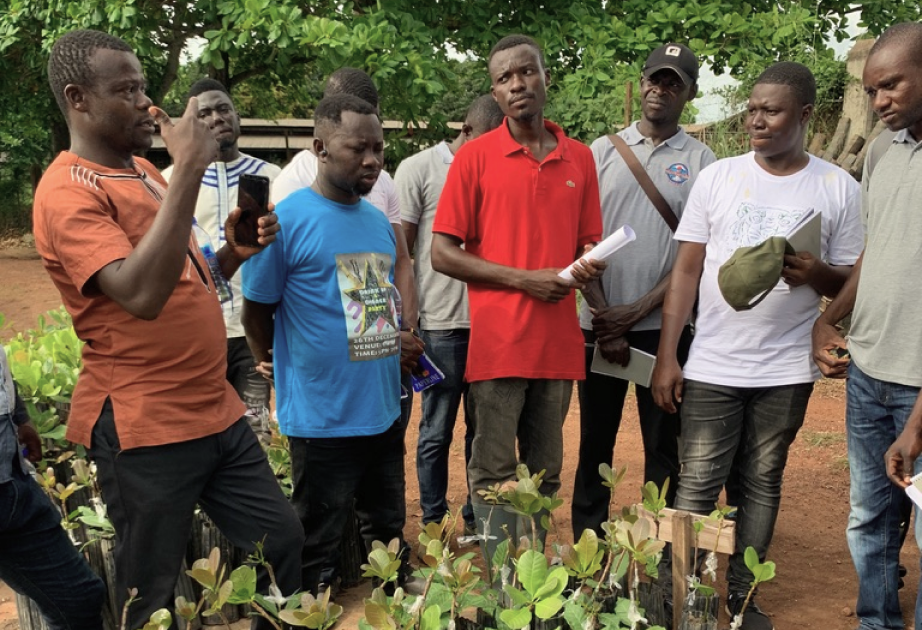
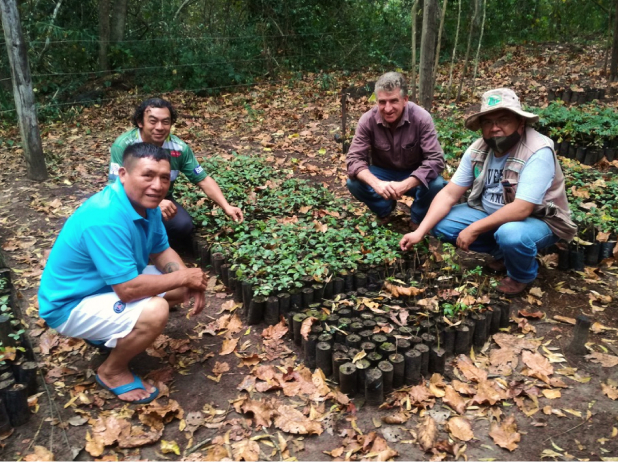
How we’re tracing products to the source
We aim to trace 100% of raw cashews to the regional level.
To advance our sustainability efforts, it’s critical that we understand our supply chain base. This visibility enables Red River Foods to prioritize initiatives to improve social and environmental outcomes across our supply chains to accelerate impact. We partner closely with our suppliers and stakeholders to obtain traceability data down at the regional level.
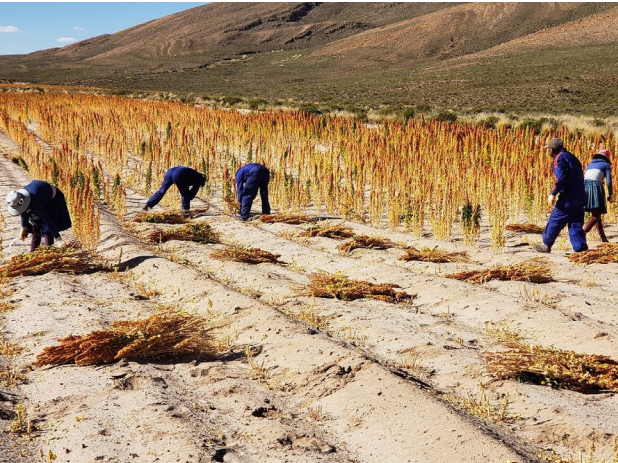
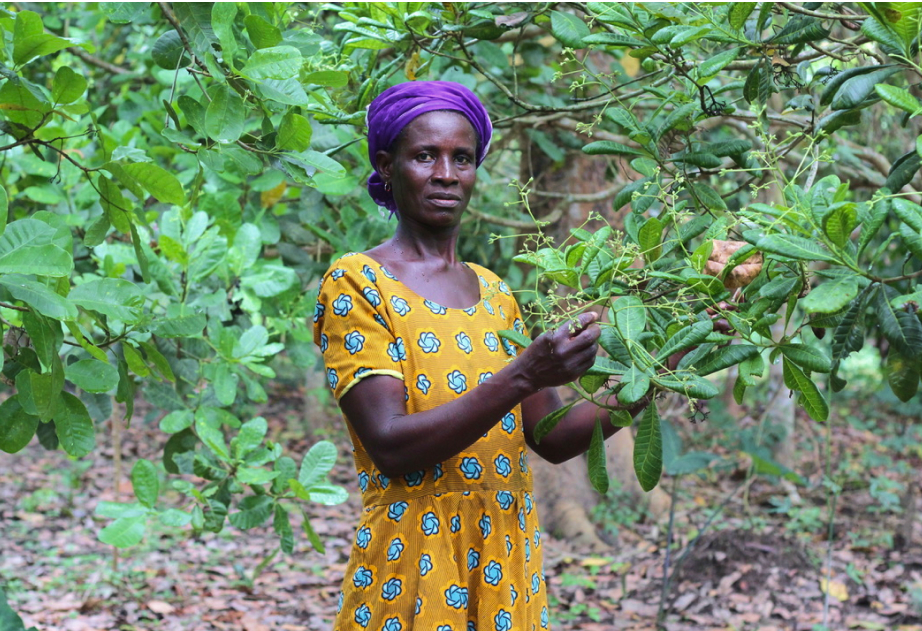
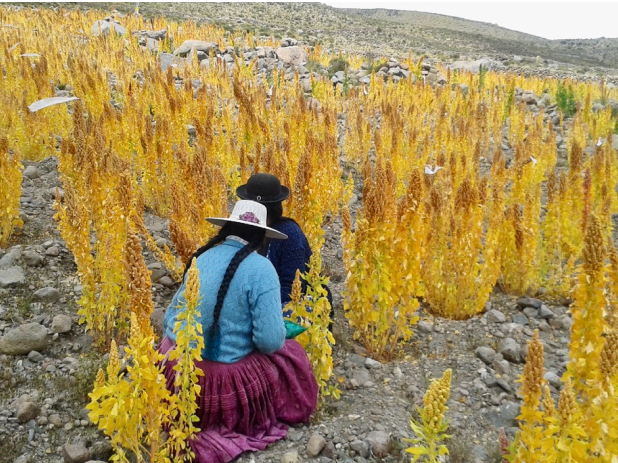
How we’re championing local economies
We are investing $10 million in origin processing capabilities.
Red River Foods is building the capacity of local suppliers and processors by investing in facilities in our hubs of Cote d’Ivoire and Vietnam. In both locations, we’re training local people on best-in-class techniques from cleaning and sorting to fumigation and pasteurization to produce superior products from farm to factory–and adding value to local economies in the process.
We are scaling our direct sourcing.
Red River Foods has been sourcing from Latin America, Africa and Asia for over 35 years. In our traditional supply chain, we purchase goods from suppliers and local partners. In our cashew supply chain, we source directly from the growers who collect and process products. Today, we engage more than 10,000 farmers, improving livelihoods and accelerating gender equity. We pledge to scale our direct sourcing of quinoa, apricot, figs, pumpkin seeds and Brazil nuts by 2027.


